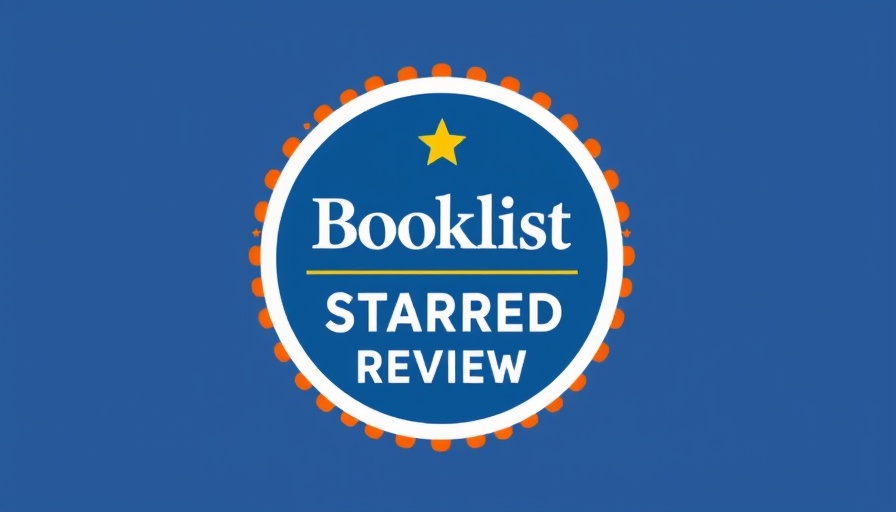
Understanding Mental Health Through LIGHTS ON
In today's world, stress, anxiety, and mental health challenges are becoming increasingly prevalent, particularly among our youth. A recent review of the book LIGHTS ON sheds light on effective strategies for managing these issues, presenting a beacon of hope to those who feel overwhelmed. This book serves as a vital guide for various groups, especially the most vulnerable: youth, caregivers, and families.
Exploring the Book's Core Themes
LIGHTS ON dives deep into the intricate relationship between mindfulness and mental health. It emphasizes how practices such as meditation can serve as powerful tools for stress reduction. The narrative encourages readers to cultivate self-efficacy and resilience, which are essential for navigating life’s challenges. For many young readers, the realization that they are not alone in their struggles can be incredibly empowering.
The Relevance of Mindfulness and Meditation
Mindfulness practices, as highlighted in LIGHTS ON, have shown significant benefits in promoting mental well-being. When individuals engage in mindfulness, it helps them stay grounded, reducing the tendency to overthink, which can contribute to anxiety. For those grappling with issues such as youth crime, fostering mindfulness not only aids in personal development but also transforms communities by instilling a sense of empathy and understanding among its members.
A Platform for Real Stories
Notably, LIGHTS ON features personal anecdotes that resonate deeply with readers. These stories highlight real struggles and victories in the journey of mental health. The relatability of these experiences is crucial in reinforcing the importance of therapy and open conversations about mental health. Understanding that recovery is a collective journey can diminish the stigma surrounding mental health issues, especially within marginalized communities.
Empowering the Youth in South Africa
In South Africa, where the youth face unique socio-economic challenges, LIGHTS ON offers tailored insights. The book's focus on resilience provides guidance on creating a support network and finding accessible resources, empowering young individuals to take charge of their mental health. By merging local narratives with universal themes, the book ensures that every youth can find relatable content that speaks directly to their experiences.
The Bigger Picture: Addressing Youth Crime and Mental Health
It's vital to consider the intersection of mental health and youth crime. The pain and struggles that often drive young individuals towards criminal activities can be mitigated through robust mental health support systems. LIGHTS ON argues that without addressing these root causes, the cycle of violence and disconnection will continue. Prioritizing mental well-being should be a community effort, where educators, parents, and professionals play massive roles.
Conclusion: Lighting the Path Forward
As we navigate through the complexities of mental health, LIGHTS ON serves as a guiding light for many in need of hope and resilience. For readers—especially young ones—the emphasis on mindfulness, therapy, and shared experiences presents a pathway toward healing and empowerment. By recognizing the importance of these elements, we can foster a brighter future for our youth and communities.
If you or someone you know is struggling with mental health challenges, consider exploring LIGHTS ON and embrace the transformative power of mindfulness and support. Together, we can build a future filled with resilience and positivity.
 Add Row
Add Row  Add
Add 




 Add Row
Add Row  Add
Add
Write A Comment